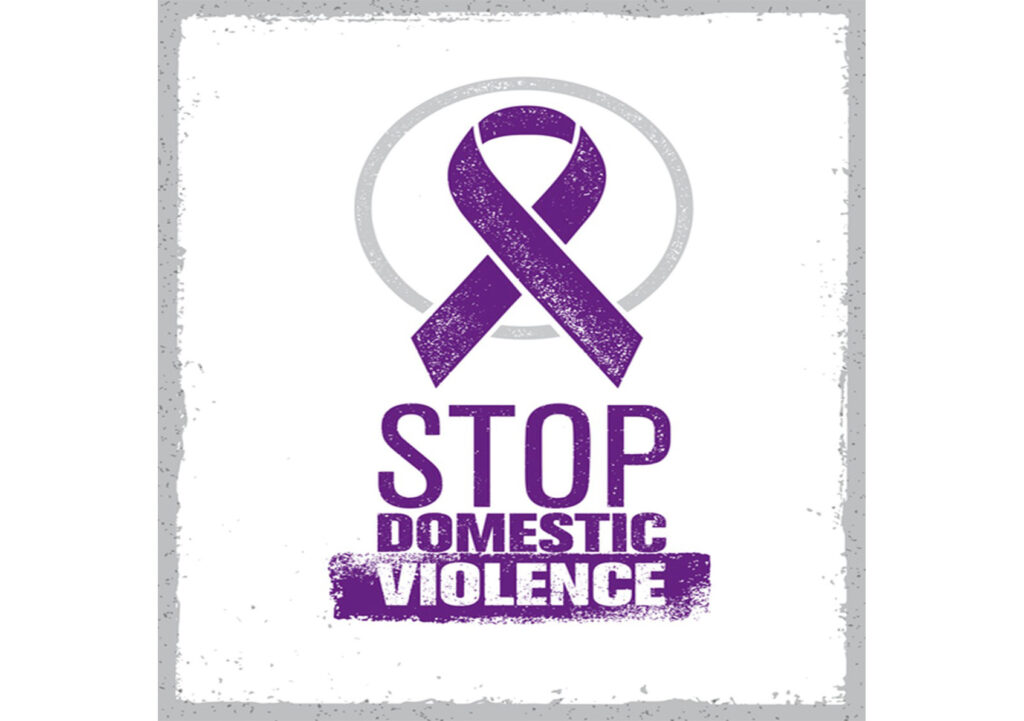
Family and domestic violence (FDV) affects more than just home life. It can affect attendance, performance, safety, and wellbeing in the workplace.
Employers have both a legal and ethical duty to protect their staff from risks to health and safety, including those related to FDV. But knowing how to respond especially when things aren’t clear-cut can be incredibly challenging.
FDV often hides behind silence, fear, or complex emotional dynamics. People may deny violence at first, downplay risks, or not feel ready to talk.
That’s why it’s important to stay alert, respond without judgement, and be prepared with the right support à whether a disclosure is made.
In one recent case, an employer reached out to us after noticing subtle yet worrying signs that something wasn’t right with a team member. The employee had arrived at work with visible bruises—just one day after colleagues had overheard her discussing a verbal altercation with her partner. While she reassured her manager that it was simply an accident, concerns for her safety lingered among the team.
The situation escalated when a visitor—someone personally known to the employee—arrived unannounced at the workplace. The employee became visibly distressed and confided in her manager, admitting she was afraid to go home.
At that point, the employer knew this was more than a standard wellbeing conversation. There had been no formal disclosure of violence, but the signs were serious, and the risk was real.
Unsure of what actions were legally appropriate but determined to do the right thing, the employer contacted our team.
This case is a powerful example of how early action, informed advice, and empathetic leadership can make a genuine difference. With our guidance, the employer was able to respond with care and confidence—creating a safer outcome for the employee and peace of mind for the business.
As an employer, you are not expected to be a counsellor or an investigator. But under the Work Health and Safety Act, you are responsible for managing risks to health and safety in your workplace—including those stemming from family and domestic violence, when known.
This means:
Proactive steps employers can take include:
Read more here -> Family and domestic violence leave – Fair Work Ombudsman
If you are unsure how to navigate these sensitive issues, our team of HR consultants have experience with the best ways forward.
We regularly support organisations across Australia in developing policies, training managers, and navigating difficult situations always with care, discretion, and compliance in mind.
Let’s work together to ensure your workplace is safe for everyone.
Contact LMHR Consulting today to discuss how we can support your team.

Copyright © 2025 LMHR Consulting Pty Ltd ABN 86629558158.

